A school-based drumming program in Fresno is teaching students how to improve their social and emotional wellness. Pictured, Brian Semsem, the drum circle leader, gets a rhythm going.
The pounding of the drums can be heard outside the classroom at Kirk Elementary School in Fresno.
About 25 students sit side by side in a drum circle, playing various rhythms and beats. Sometimes they play synchronized patterns. Other times they play a loud “rumble” as they feverishly pound their sticks.
This collective drumming is more than just jamming. It’s about listening, focusing, and connecting with those around them. Students are drumming as part of a program called Beat the Odds, which uses rhythmic activities as a way for them to deal with social and emotional issues.
As many as 700 students in the Fresno Unified School District have benefited from the program. Kaiser Permanente Fresno gave a $23,000 grant this year to Every Neighborhood Partnership — a nonprofit organization in Fresno County that facilitates the Beat the Odds program in 5 Fresno public elementary schools.
“You see this connection in their faces and that’s what drumming is all about,” said Brian Semsem, the recreational resilience director for Every Neighborhood Partnership. “There’s a sense of unity that develops over time and for some it provides them with a voice they may not have previously had.”
Building resilience in children is part of Kaiser Permanente’s larger effort in schools to support total health — a holistic approach to the social, environmental, behavioral, and clinical aspects that shape one’s well-being. Better health boosts kids’ success in school, which leads to better lifelong health, employment, earning potential, and self-confidence.
Drumming Your Feelings
Kirk Elementary School is in an impoverished area near downtown Fresno. Many of the students have difficult home lives. Some have dealt with trauma. Others suffer with anxiety and other behavioral issues.
The drum circle has become a way for some to deal with those feelings and has helped them to develop self-control, Semsem said.
Giselle Rodriguez, 12, said drumming helps her “not to rage,” and it has shown her how quickly her mood can change.
Others like Jamal Muhammad, 11, said playing the drums is a “different way of talking to others.”
As students first sit down in the circle, they are asked by Semsem to do a “check-in” by signaling if they are good (thumbs up), mediocre (thumbs to the side) or having a rough time (thumbs down).
Many of the students have their thumbs to the side or down.
And then the drumming starts. Soon the smiles appear. They play games like “pass the popcorn,” beating out the rhythm of the words on their drums. Or they do a drum wave — passing the beat around the circle until eventually someone forgets the beat. Then they erupt in laughter.
But it’s Semsem’s words and the conversations he has with the students between the drumming that really showcases what this program is all about.
“Communicating on the drums is a different way of expressing what you’re feeling,” he said.
‘The Rhythm Is Going to Get You’
The Beat the Odds program has made significant changes in behavior for Kirk Elementary students.
LaKyesha Mattis, a sixth-grade teacher, said her students beg her to go to drum circle. She said one student told her it makes her feel happy and free. Others have said it’s a way to escape from the issues they have at school or home.
“I can tell you no matter how you feel when you come into the room, the rhythm is going to get you,” she said. “It’s a happy feeling to know you’re part of a community.”
She wanted that sense of community to expand beyond her students, so Mattis started a community drum circle that happens once a month and is open to the public.
Susan Seruby, a licensed clinical social worker at Kaiser Permanente Fresno Medical Center, said programs like Beat the Odds can really help children who need an outlet for dealing with the issues they face today, like anxiety or stress.
“You’d be surprised how one event can trigger something in someone,” she said. “All these skills they’re learning can be beneficial throughout the rest of their lives.”
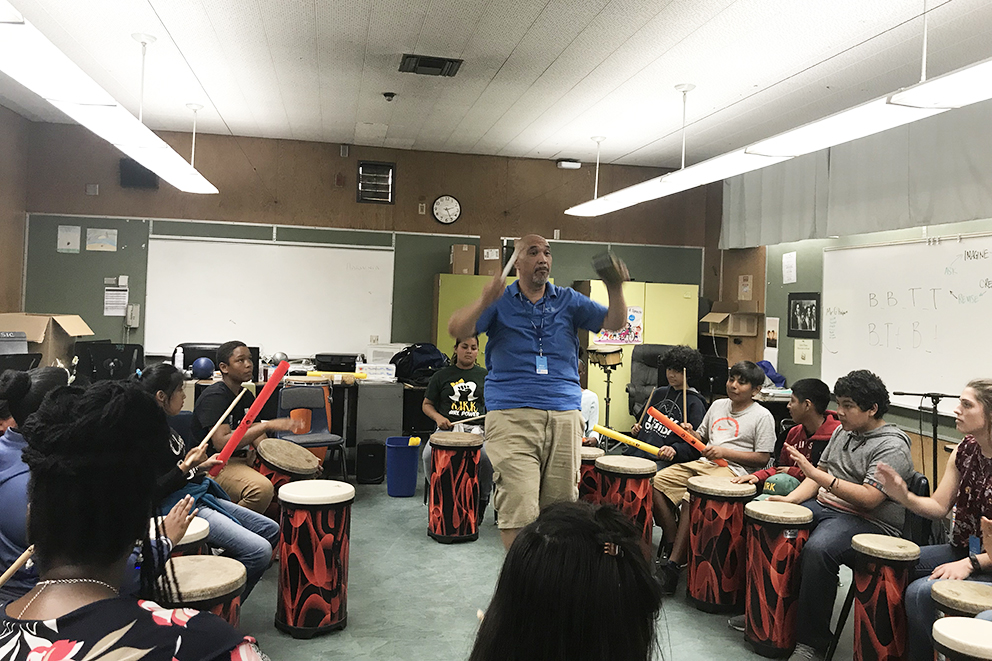
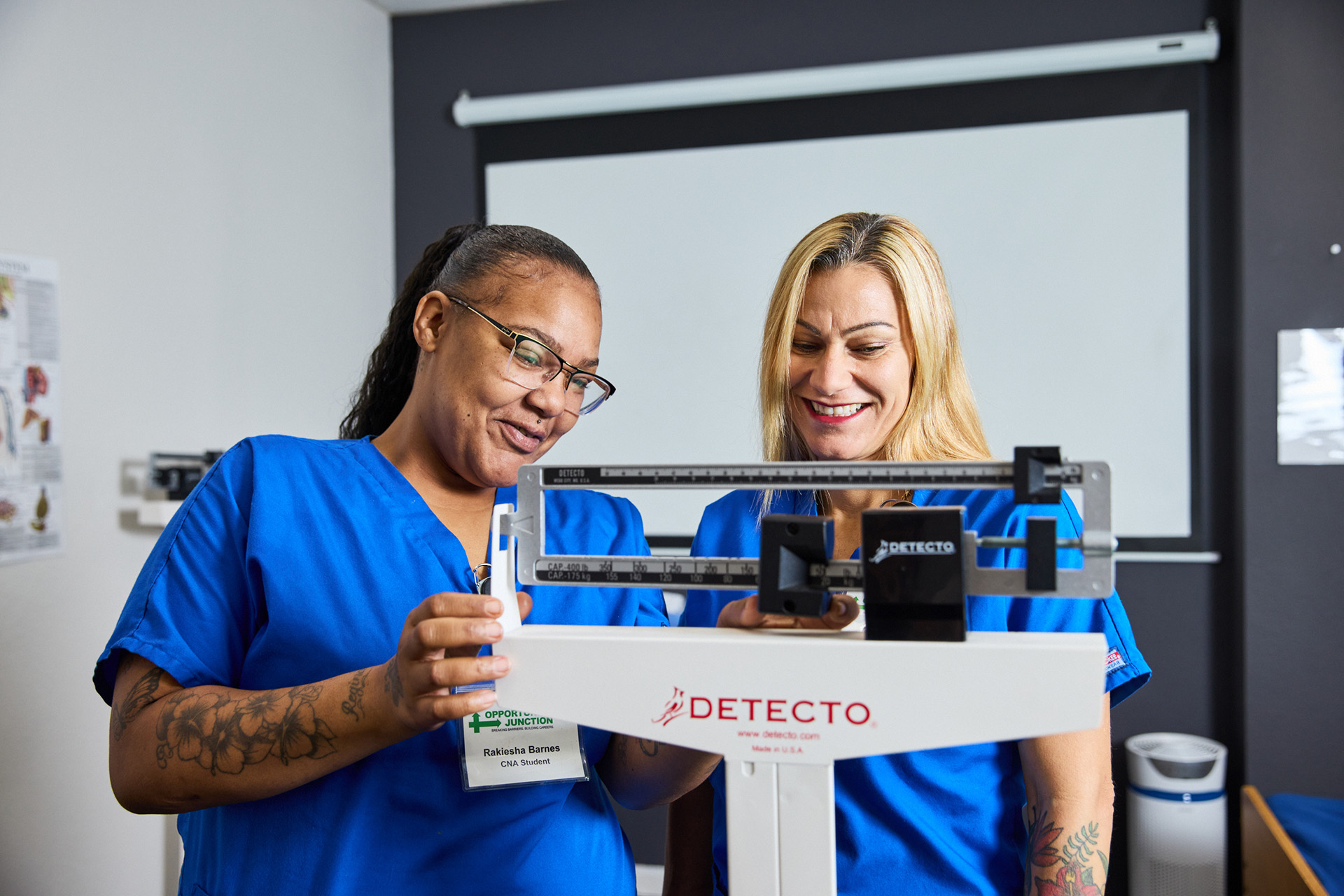
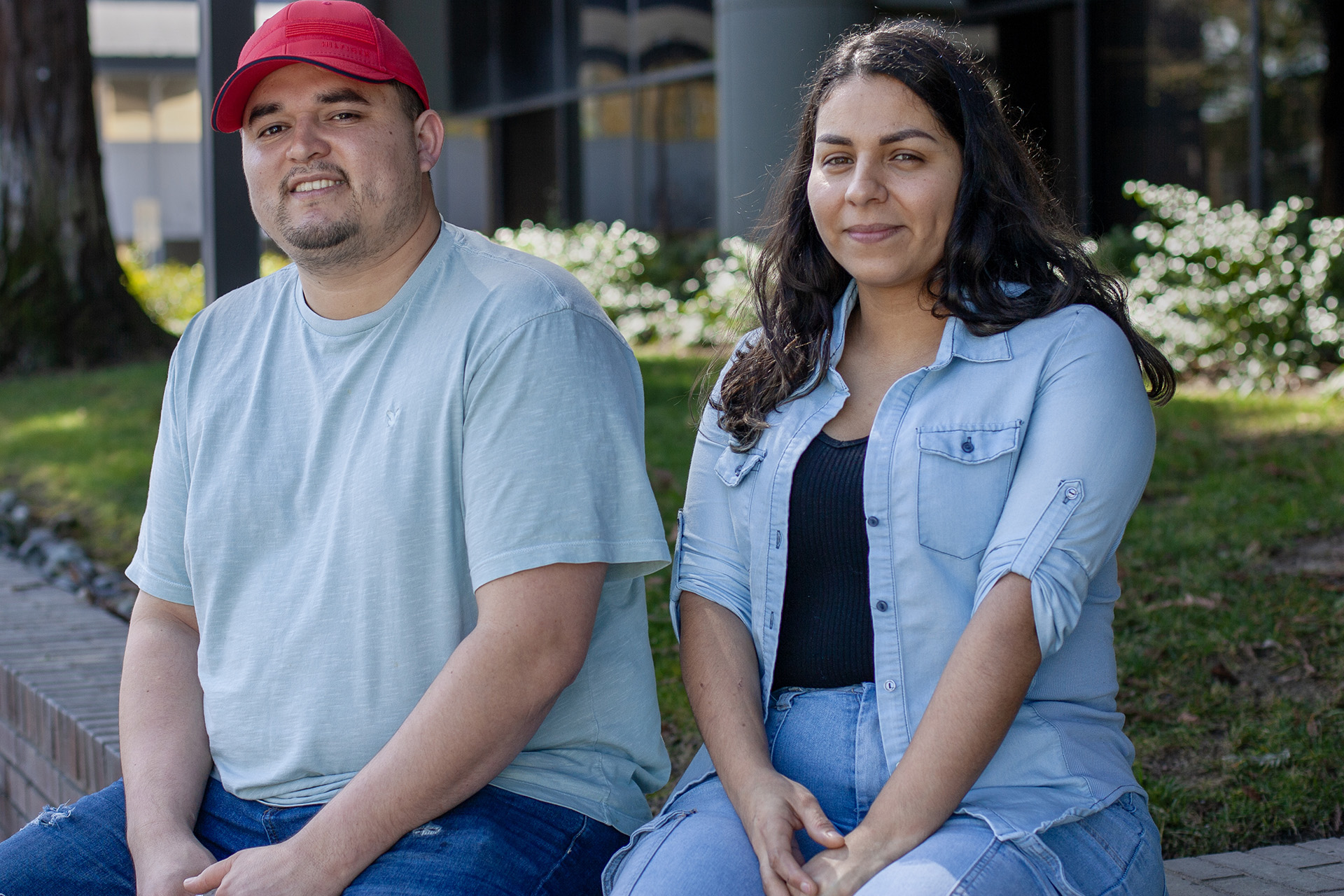
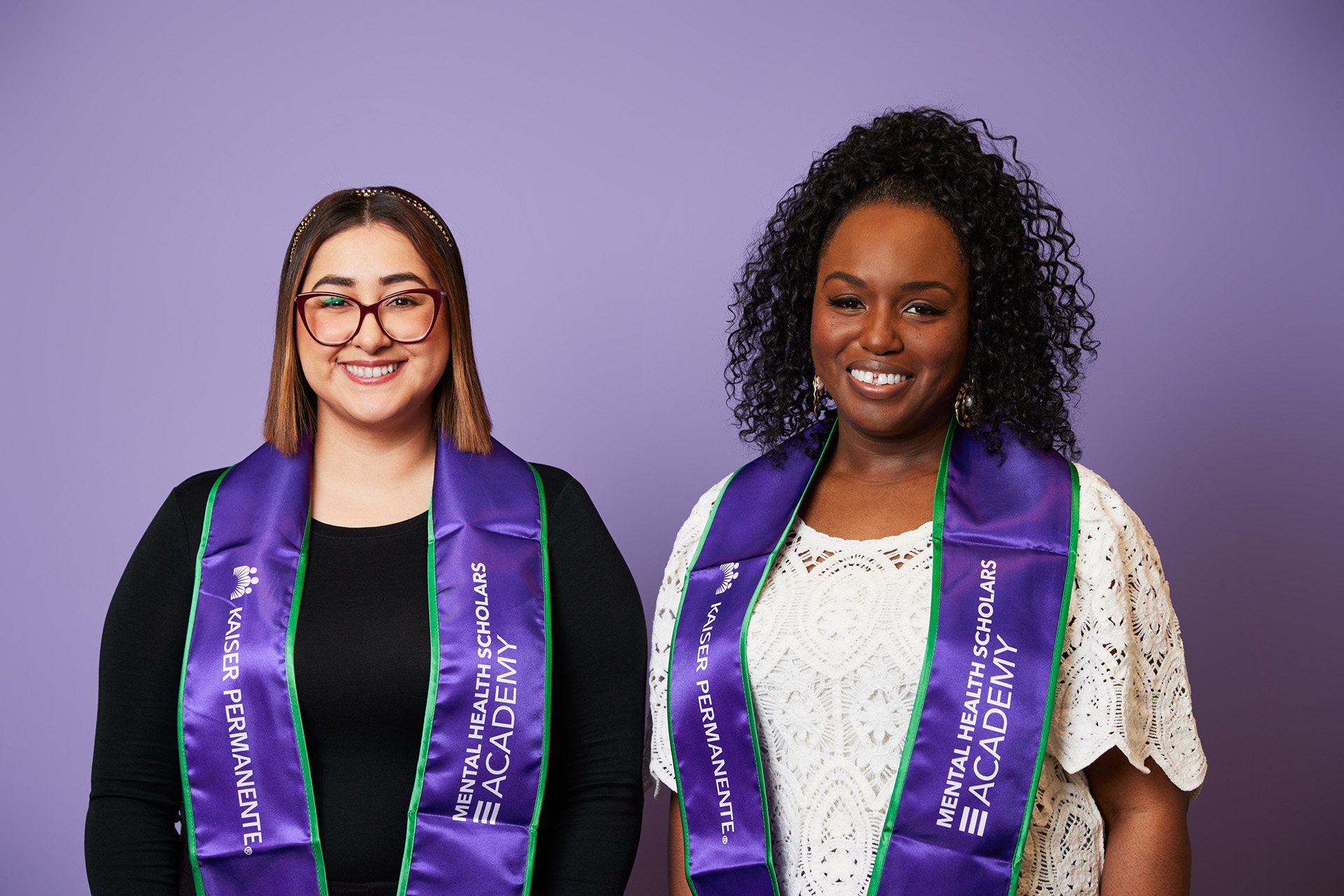
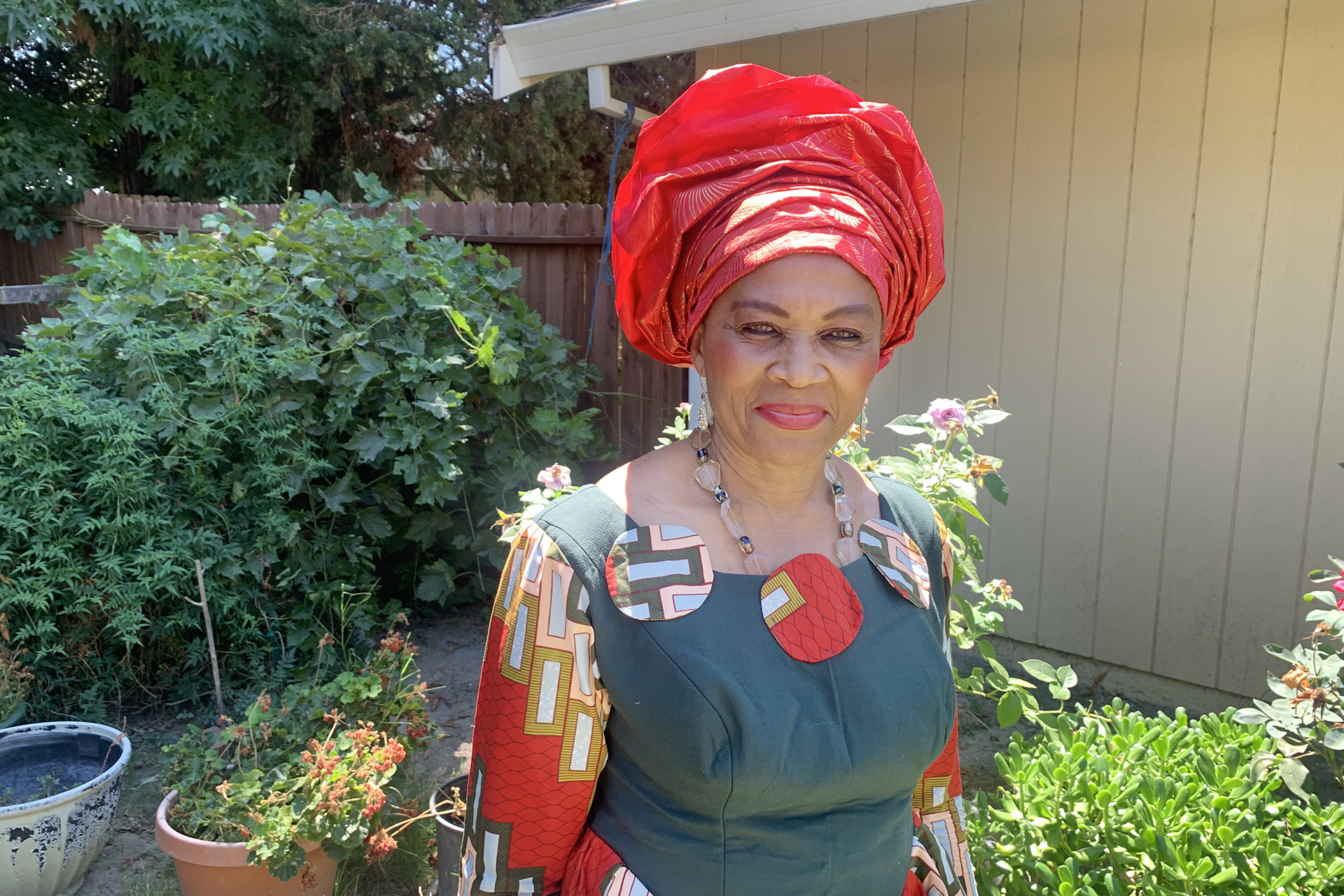
This Post Has 0 Comments